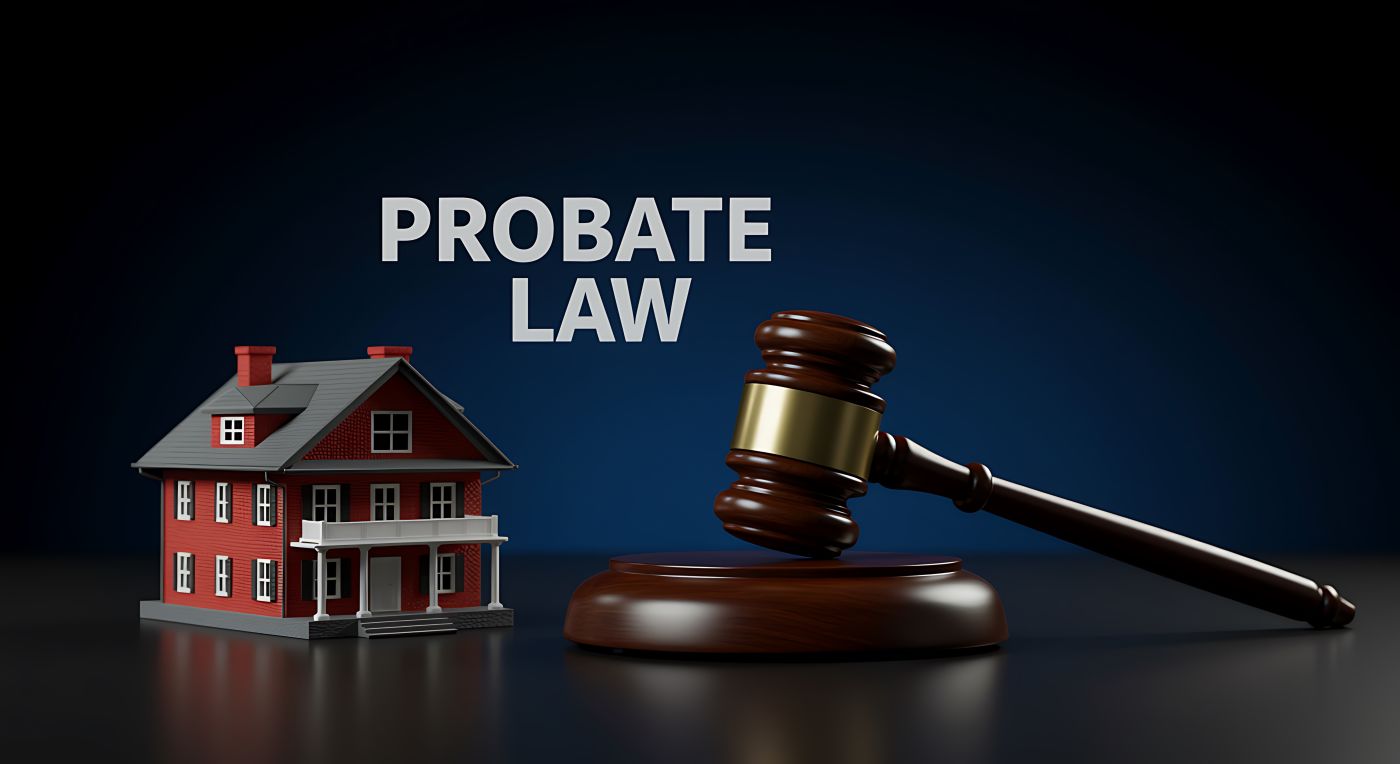When we assist clients in drafting their Will, we are often asked, "Can a personal representative be a beneficiary?" This is a common concern, especially for those new to estate planning. The good news is that in Miami and throughout Florida, you can serve in both roles. However, this dual role comes with legal responsibilities and potential conflicts that you need to manage carefully.
Before exploring how these roles interact, it’s important to understand the probate process and the responsibilities of a personal representative.
What Is Probate and the Role of a Personal Representative?
Probate is the legal process of administering a deceased person’s estate, distributing assets according to their Will or Florida law if no Will exists. During probate, a court oversees the process to pay debts and taxes before beneficiaries receive their inheritances.
A personal representative, also known as an executor in some states, is responsible for managing this process. Their duties include:
Filing the original Last Will and Testament with the probate Court
Identifying and valuing estate assets
Notifying creditors and settling valid debts
Filing necessary tax returns
Distributing assets to beneficiaries as outlined in the Last Will and Testament or per Florida’s intestacy laws if there is no Will
Florida Law on Personal Representatives Who Are Also Beneficiaries
Florida law does not prohibit a personal representative from also being a beneficiary of the estate. In fact, it is common for spouses, children, or other close relatives to serve as both. The law primarily focuses on whether the person meets the state’s legal requirements to serve in this role.
To be a personal representative in Florida, you must:
Be at least 18 years old
Be a Florida resident or a close relative of the deceased
Have the mental and physical ability to manage estate affairs
Not have a felony conviction
Chapter 733 of the Florida Probate Code: Administration of Estates outlines these requirements.
Potential Conflicts of Interest
Being both a personal representative and a beneficiary can create conflicts with other heirs. As a personal representative, you have a legal obligation to act in the best interests of the estate and all its beneficiaries, not just yourself. Common conflicts include:
Disputes Over Asset Distribution – Other beneficiaries may feel that you are prioritizing your own inheritance
Management of Estate Expenses and Debts – Decisions about which debts to pay first or how to handle expenses can lead to disagreements
Accusations of Self-Dealing – Any action that appears to give you an unfair advantage can be contested
If conflicts arise, beneficiaries can challenge decisions in probate court or petition for the removal of the personal representative.
When Might a Court Remove a Personal Representative?
Even though Florida law allows a beneficiary to serve as a personal representative, courts can remove someone from the role if there is evidence of mismanagement, favoritism, or misconduct. A personal representative may be removed if they:
Fail to act in the best interest of the estate
Engage in fraudulent, dishonest, or negligent behavior
Show an inability or unwillingness to fulfill their duties
If other beneficiaries believe the personal representative is acting improperly, they can file a legal challenge in probate court.
Steps to Minimize Disputes
To avoid conflicts while serving as both a personal representative and a beneficiary, consider these best practices:
Be Transparent – Communicate openly with all beneficiaries about estate matters
Follow the Will Precisely – Do not make decisions based on personal preference
Maintain Detailed Records – Keep clear records of all transactions and financial decisions
By handling estate matters professionally and fairly, you can reduce the risk of disputes and legal challenges.
If you have been named as both a personal representative and a beneficiary in Miami, Florida, you are legally allowed to hold both roles. However, balancing these responsibilities requires fairness, transparency, and diligence. Handling the estate properly ensures that the wishes of the deceased are honored while avoiding conflicts among heirs.
For those dealing with probate, understanding your rights and responsibilities is essential. If you have concerns about carrying out your role or facing disputes, seeking legal advice from a probate lawyer in Miami, Florida can help you manage the estate effectively.
Get Help If You’re a Beneficiary and Personal Representative Managing Probate
Being named as a personal representative while also inheriting from an estate can bring both responsibilities and challenges. Whether you're handling probate for a loved one or preparing your own estate plan, having a knowledgeable legal team by your side makes all the difference.
At Denise Jomarron Legal Group, we provide clear guidance for personal representatives handling probate and help individuals create estate plans that protect their wishes. If you're uncertain about your legal obligations or want to prevent future disputes, we're here to provide the support you need.
Don't leave these important matters to chance. Your online search for “probate law firms near me” and “Miami probate lawyers” brought you to this blog. Take the next step and call us at or fill out our confidential online form to schedule your consultation. Whether you're managing an estate or planning for the future, we’ll work with you to make informed decisions with confidence.
At Denise Jomarron Legal Group, our goal is to provide clear, compassionate legal guidance tailored to your unique situation. We are dedicated to understanding your needs, the needs of your family, and explaining what actions we can take on your behalf. We will work with you every step of the way to make certain you are satisfied and confident about your future.
The information in this blog post (“post”) is provided for general informational purposes only and may not reflect the current law in your jurisdiction. No information in this post should be construed as legal advice from the individual author or the law firm, nor is it intended to be a substitute for legal counsel on any subject matter. No reader of this post should act or refrain from acting based on any information included in or accessible through this post without seeking the appropriate legal or other professional advice on the particular facts and circumstances at issue from a lawyer licensed in the recipient’s state, country, or other appropriate licensing jurisdiction.
Denise Jomarron Legal Group
4300 Biscayne Blvd., Suite 305
Miami, FL 33137-3255
https://djlegalgroup.com



